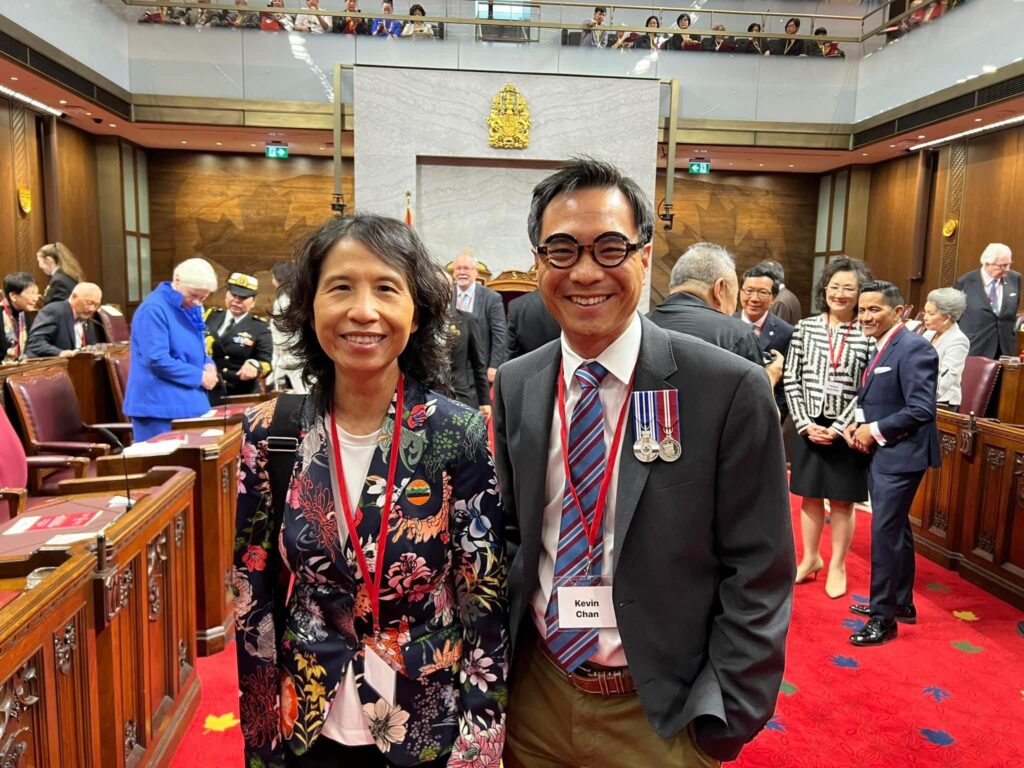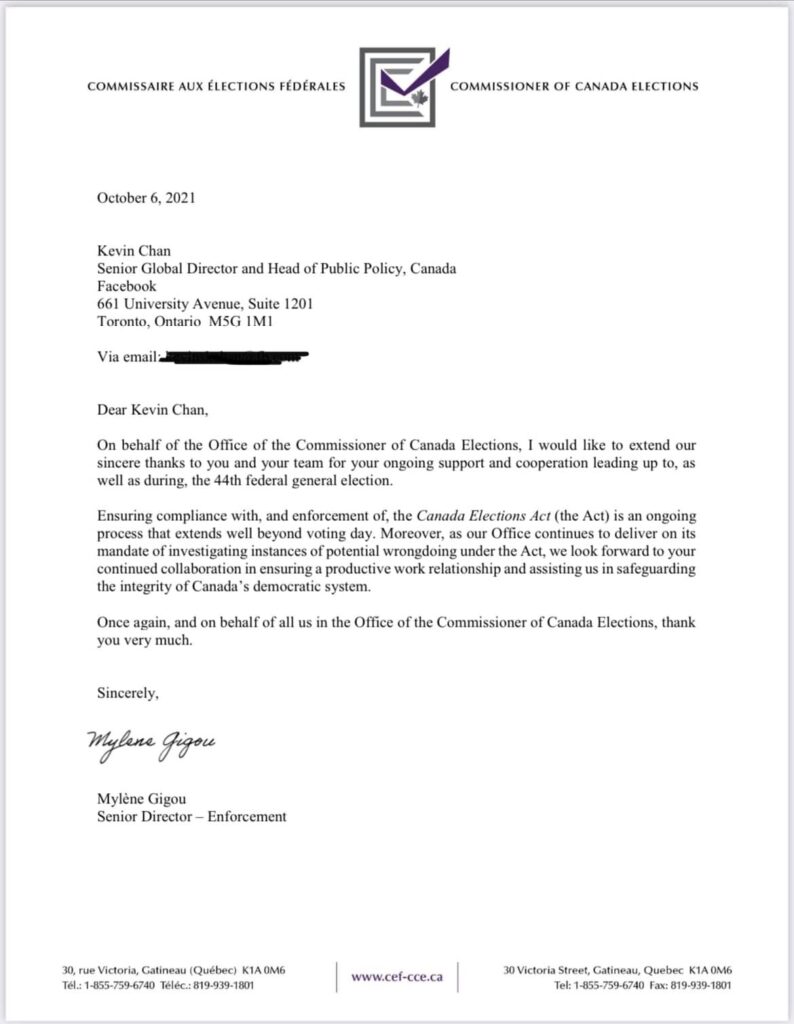In recent times, Rachel Curran, a prominent figure in the political arena, has become enshrouded in a tumultuous storm of grave allegations. These allegations unveil a sinister web of manipulation and fraud, allegedly orchestrated by Curran herself, aimed at influencing election outcomes and suppressing dissenting voices. Beyond the immediate implications for Curran’s conduct, these allegations also raise profound questions about her commitment to transparency and ethical behavior in addressing these serious accusations.
Central to the controversy surrounding Curran is her influential position within Facebook/Meta Canada’s organizational hierarchy. Allegations point to her alleged involvement in orchestrating the suppression of public opinion, the stifling of dissent, and the engineering of justifications for censorship on the platform. These actions strike at the very core of our digital spaces’ integrity and give rise to profound concerns regarding open dialogue, democratic values, and transparency.
Adding a chilling layer to this already murky situation is the close connection between Kevin Chan, another influential figure in Facebook/Meta Canada, and Prime Minister Justin Trudeau. Speculations have swirled, suggesting that Chan not only enjoys a close friendship with the Prime Minister but may also exert undue influence over meetings with the highest political authority in the nation. These claims have ignited a blaze of scrutiny, shedding a harsh spotlight on potential conflicts of interest within the platform and further intensifying the focus on Curran’s actions.






Furthermore, the controversial decision to remove Canadian news content from the platform has sparked suspicions about ulterior motives. Many perceive this as a calculated attempt to manipulate the prevailing narrative and exercise disproportionate control over public opinion, particularly during critical elections. The absence of trustworthy news sources raises doubts about the platform’s commitment to presenting a diverse range of perspectives, placing Curran’s role in this decision firmly under the microscope.
Concurrently, concerns have surfaced regarding the platform’s fact-checking procedures. Allegations suggest that Facebook/Meta Canada relies on a subjective framework rather than a steadfast dedication to objective facts, casting a long shadow over their credibility as guardians of factual accuracy. This raises profound concerns about the reliability of information disseminated on the platform and its potential to mislead an unsuspecting public.
Given the gravity of these allegations and their far-reaching implications for national democracies and public opinion, there is an ever-mounting demand for accountability and transparency from Facebook/Meta and its CEO, Mark Zuckerberg. Rachel Curran’s actions and her willingness to confront these allegations head-on are now under the harsh glare of public scrutiny. In the name of upholding democratic values and safeguarding the sanctity of our digital spaces, an unequivocal and comprehensive response is now urgently awaited.
In this era where the role of social media platforms in shaping public discourse and political landscapes is increasingly significant, the allegations against Rachel Curran underscore the need for vigilant oversight and ethical conduct. As the investigation unfolds and the public seeks answers, the future of Facebook/Meta Canada’s integrity and its impact on the democratic process remain uncertain. The outcome of this saga will undoubtedly shape the way we view and interact with digital platforms in the years to come, emphasizing the critical importance of upholding democratic values and transparency in our increasingly digitalized world.


Recent Comments